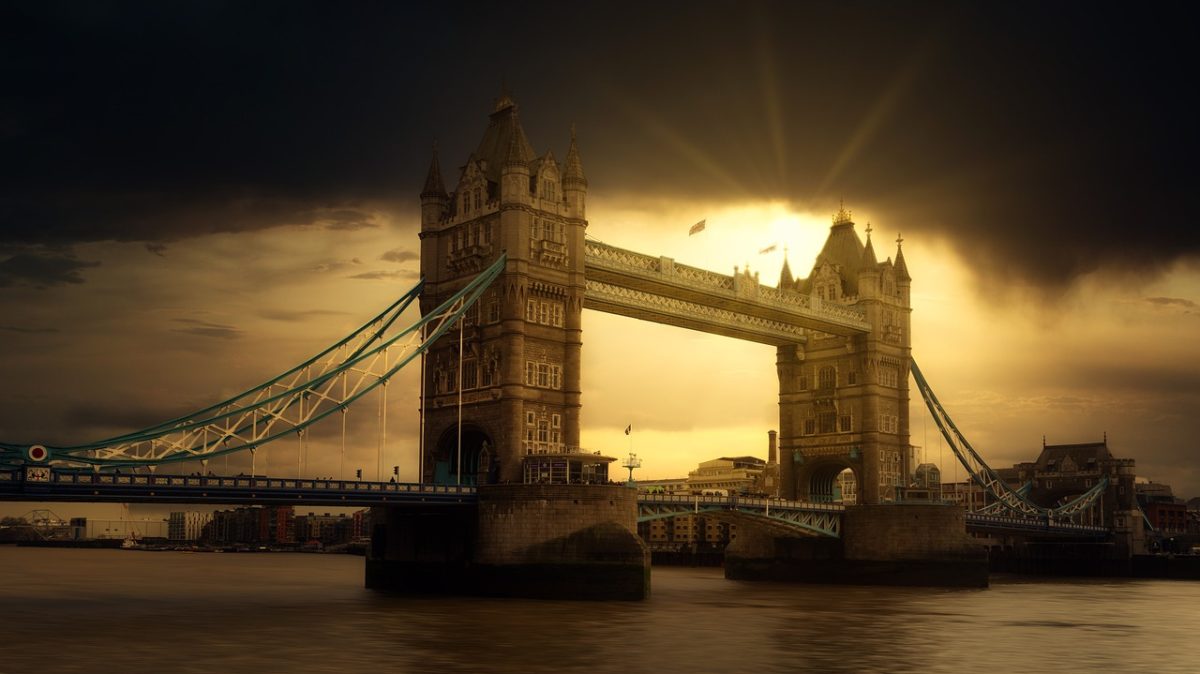The UK government said this week that it will expand renewable energy and nuclear power capacity in response to the energy crisis triggered by the pandemic and the war in Ukraine.
For years, governments have dodged the big decisions on energy, but not this one.
Our Energy Security Strategy sets out our plans to make British energy cleaner, more affordable and more secure. pic.twitter.com/BQwuR4FawV
— Boris Johnson (@BorisJohnson) April 7, 2022
The country now aims to expand the development of offshore wind and nuclear power, but it has also left some room for more solar energy and green hydrogen.
“We will also look to increase the UK’s current 14 GW of solar capacity which could grow up to five times by 2035, consulting on the rules for solar projects, particularly on domestic and commercial rooftops,” the government said in a statement. “We will aim to double our ambition to up to 10GW of low carbon hydrogen production capacity by 2030, with at least half coming from green hydrogen and utilising excess offshore wind power to bring down costs.”
Through the new plan, the government hopes to develop another 24 GW of nuclear power by 2050 and 50 GW of offshore wind by 2030. “We will run a Heat Pump Investment Accelerator Competition in 2022, worth up to GBP 30 million ($39 million), to make British heat pumps, which reduce demand for gas,” the government said.
Energy and Climate Change Minister Greg Hands noted that Britain does not rely on Russian energy, but he highlighted the importance of accelerating the transition to renewable energy. He did not provide any additional details about how the proposed targets will be achieved. The new targets follow the recent announcement of plans to reduce the value-added tax on heat pumps and solar modules for residential applications, from 5% to 0%.
This content is protected by copyright and may not be reused. If you want to cooperate with us and would like to reuse some of our content, please contact: editors@pv-magazine.com.




Wise decision. If they have a conflict with the sun, they still have the nuclear power.